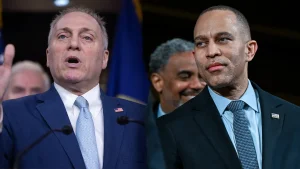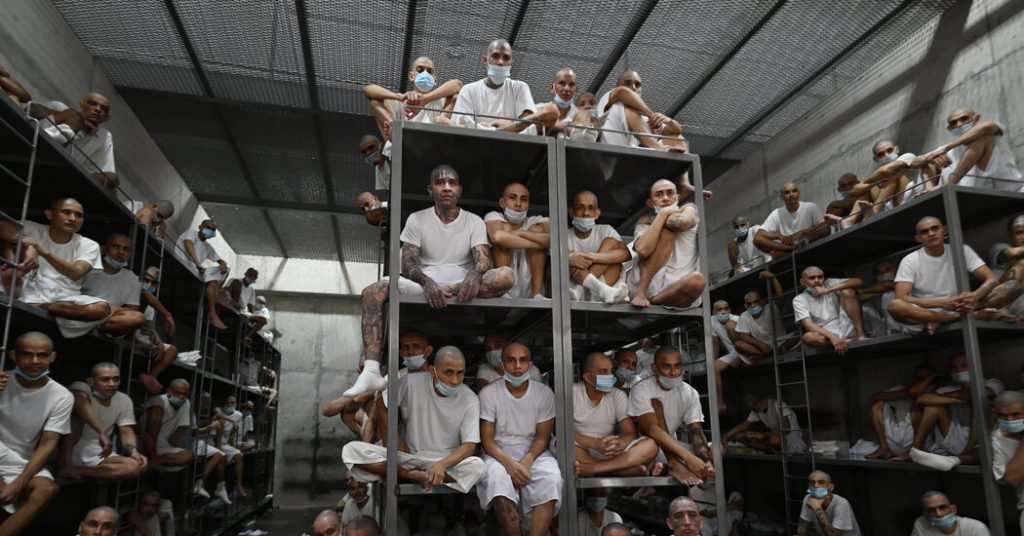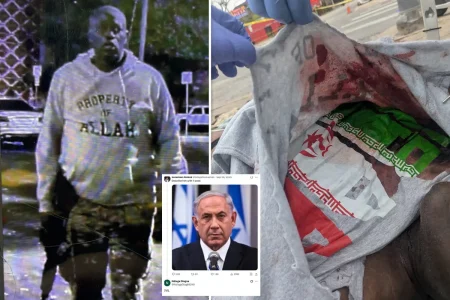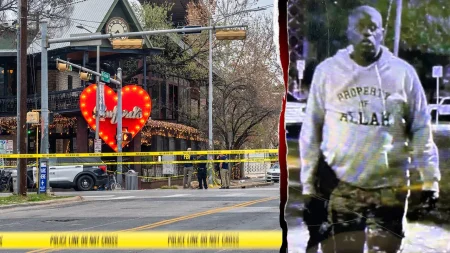Picture this: A president of a small Central American nation makes a bold and unexpected offer—he’s willing to imprison convicted criminals from the United States, including American citizens. That’s exactly what Nayib Bukele of El Salvador has done, and the world is taking notice.
At first glance, the idea seems almost too wild to be real. The U.S. has its own prison system, its own laws, and its own way of dealing with convicted criminals. But here comes Bukele, offering a different approach: "Send them to my prisons. For a fee, of course."
An Idea That Raises Eyebrows
Bukele’s proposal immediately caught the attention of U.S. officials. Among those responding was Secretary of State Marco Rubio, who, while on a visit to Central America, said the Trump administration would need to "study" the offer. He admitted, however, that it was an unusual and generous proposal. But, could the U.S. legally send convicts—including its own citizens—to be imprisoned abroad? That part wasn’t so clear.
Analysts quickly weighed in, with many doubting the legality of such a move, particularly when it comes to American citizens. Even so, the proposal serves as more than just a logistical debate—it’s a public relations play. According to experts, the announcement allows both Bukele and Trump to project a strong, no-nonsense approach to crime.
A PR Power Move?
Gustavo Flores-Macías, a political analyst specializing in Latin America, noted that even if Bukele’s offer never becomes reality, it still serves a strategic purpose. For Bukele, it strengthens his alliance with Trump. For Trump, it reinforces his tough stance on crime and immigration, reminding undocumented migrants that consequences could be dire if they are caught.
But not everyone is cheering. Human rights organizations have been quick to express concerns. They argue that Bukele’s crackdown on gangs—while effective—has come at a high cost to civil liberties.
El Salvador’s Zero-Tolerance Approach
El Salvador was once infamous as the murder capital of the Western Hemisphere. Gangs ruled neighborhoods with an iron fist, extorting businesses and civilians alike. But since coming to power, Bukele has taken extreme measures to change that reputation.
In 2022, he declared a state of emergency and unleashed the military to round up suspected gang members. The result was staggering: Over 25,000 people were arrested within weeks. Three years later, the state of emergency remains in place.
The upside? Crime plummeted. Homicides became rare, and extortion—a previously rampant criminal enterprise—dwindled. Business owners no longer had to live in fear of gang demands.
The downside? Civil liberties have eroded. Thousands have been swept up in mass arrests, many without clear evidence of gang involvement. Harrowing photos of prisoners—shirtless, hands on their shaven heads, packed together like cattle—are shared widely, symbolizing Bukele’s iron-fisted approach.
And yet, despite concerns, Bukele’s popularity remains sky-high. In November, his approval rating was an astounding 91%. Many Salvadorans see his methods not as authoritarian, but as necessary.
A Prison System Like No Other
Bukele’s prisons aren’t just holding cells—they’re symbols of his power. Historically, gangs used Salvadoran prisons as operational hubs, continuing their criminal activities from behind bars. Bukele changed that completely by implementing unprecedented control measures.
The crown jewel of his strategy is the "Terrorism Confinement Center" (CECOT), a massive detention complex built in 2023. Located an hour from the capital, it can hold up to 40,000 inmates—some of them as young as 12 years old. Many prisoners, arrested under the state of emergency, have disappeared into the system without trials or contact with their families.
While CECOT garners international attention, most prisoners are held in smaller facilities—places where, according to human rights advocates, they endure harsh and inhumane conditions. Organizations like Cristosal and Human Rights Watch have reported accounts of torture, food deprivation, and mass trials featuring anonymous judges.
The U.S. Connection: What’s in It for Bukele?
Bukele’s offer to house U.S. convicts isn’t just about making a political statement—it could come with financial and diplomatic rewards.
For one, maintaining prisons on this scale is expensive. With 2% of its population locked up, El Salvador faces an economic strain. If the U.S. were to pay El Salvador to house American prisoners, it would bring in much-needed resources to sustain Bukele’s incarcerated empire.
Second, closer ties with the Trump administration could benefit Bukele politically. Relations between the two leaders have seen ups and downs. At one point, Trump even mocked Bukele—suggesting El Salvador was sending criminals north to the U.S. But Bukele knows that aligning himself with Trump’s tough-on-crime stance could play well both at home and abroad.
Deporting Criminals or Expanding Migration Policies?
The U.S. government confirmed that Bukele’s proposal isn’t just about taking Salvadoran convicts—it extends to housing criminals from other countries as well. This includes members of criminal organizations like MS-13 and Tren de Aragua.
Furthermore, in what officials described as "an extraordinary gesture," Bukele has even volunteered to imprison U.S. citizens and legal residents convicted of crimes. Legally, such a move would face major challenges, as experts point out that domestic and international laws protect the rights of U.S. citizens.
However, there is the possibility of the U.S. working around this legally. Instead of directly outsourcing its prisoners, the U.S. could deport large numbers of undocumented migrants—including non-Salvadorans—to El Salvador. Countries like Nicaragua and Cuba often refuse to accept deported migrants from the U.S., leaving the U.S. searching for alternative solutions. Bukele’s proposition could offer one.
But this creates another problem: Undocumented migrants in El Salvador would have no legal protections. Mneesha Gellman, a political science professor, noted that migrants could face abuse from both gang members and corrupt state actors like police and military officials.
A History of U.S.-El Salvador Immigration Deals
If this arrangement seems unprecedented, it isn’t entirely. In 2019, during Trump’s first administration, El Salvador signed a deal agreeing to house non-Salvadoran migrants detained in the U.S. The motive? The U.S. had cut off aid to El Salvador, arguing the country wasn’t doing enough to curb illegal migration.
The agreement effectively dubbed El Salvador a “safe third country.” In theory, the pact would have allowed the U.S. to send migrants there for asylum processing, preventing them from reaching America’s southern border. However, COVID-19 disrupted its implementation, and the Biden administration later canceled it altogether. Now, Bukele claims his new offer goes beyond the 2019 agreement in scope and ambition.
The Future of Bukele’s Proposal
So, will El Salvador’s president actually end up housing American convicts? While analysts believe the legal hurdles are too great, the idea alone serves an important political function.
Bukele, a man who thrives on projecting power, has reinforced his image as an unconventional leader willing to go to extremes to fight crime. Meanwhile, Trump’s administration can leverage the offer to highlight its law-and-order stance on immigration. Whether the proposal materializes into policy is secondary—its political impact is already playing out.
For now, the world watches as the Salvadoran experiment with extreme incarceration unfolds. And as Bukele continues his hardline approach, one thing is certain: His willingness to rewrite the rulebook keeps him at the center of global conversations on crime, migration, and security.











